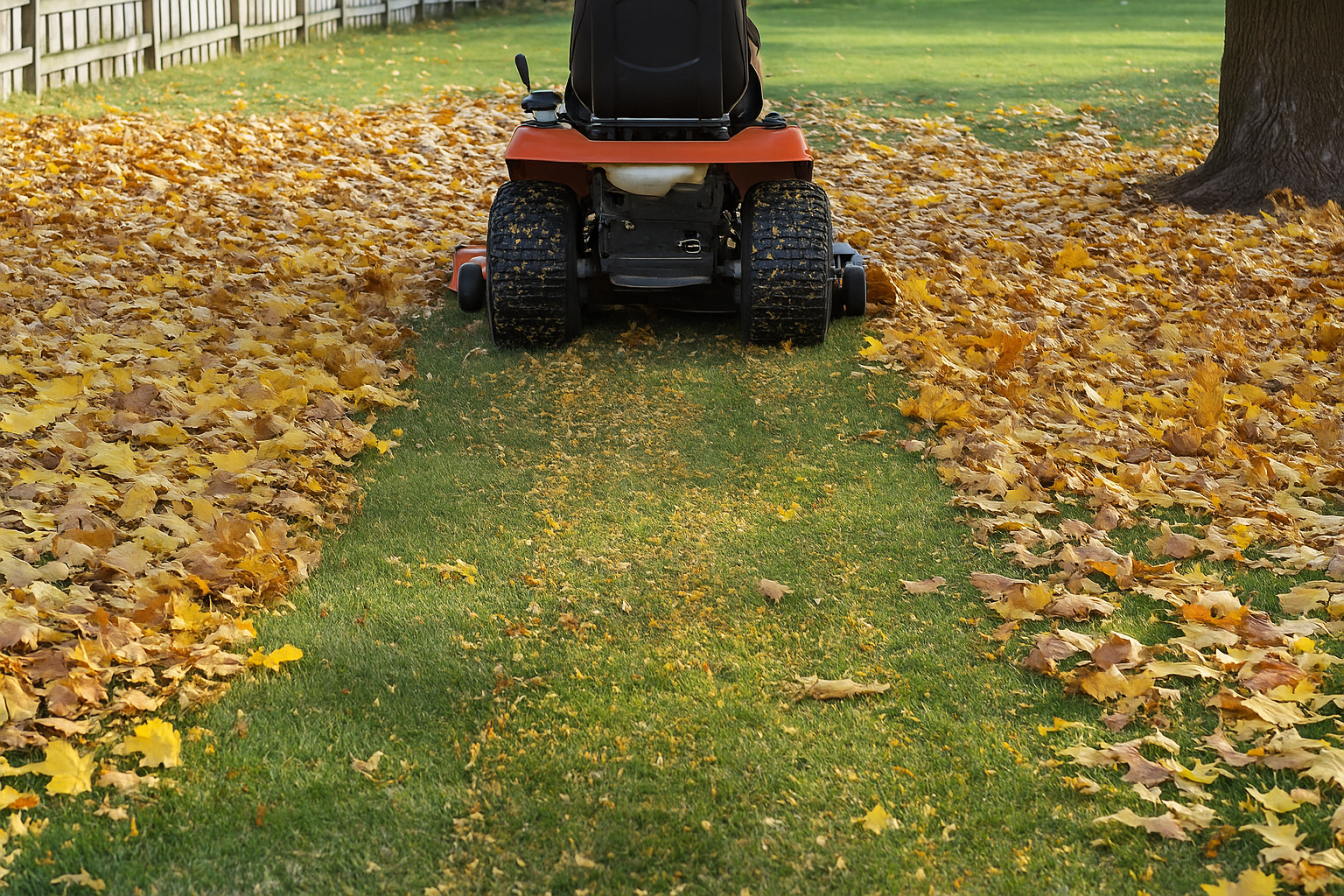
Weathering the Elements: Durable Hardscaping Choices for Every Climate Sep 16, 2025
When it comes to creating a resilient outdoor space, choosing the right hardscaping materials is paramount. The key is to consider the specific challenges posed by your local climate. Are you dealing with scorching summers, freezing winters, heavy rainfall, or a combination of these elements? Your answers will determine the durability requirements of your hardscaping choices.
Starting in regions with hot, arid conditions, such as the southwestern United States, heat-resistant materials are essential. Natural stone paving, like granite and sandstone, excels in these climates due to its excellent thermal properties. These materials not only reflect heat but are also durable against sun damage. Moreover, shade structures such as pergolas crafted from aluminum or treated wood can provide respite from the relentless sun, offering both form and function to any landscape design.
In the face of freezing temperatures and frost, often found in northern climates, the emphasis shifts to materials that can endure rapid temperature fluctuations. Concrete pavers emerge as a favored choice due to their adaptability and low maintenance. They can flex slightly with the ground, preventing cracks common in standard concrete slabs. Additionally, permeable pavers offer an innovative solution to prevent ice buildup by allowing water to pass through, reducing slip hazards during icy conditions.
For those residing in coastal regions or areas prone to heavy rainfall, materials resistant to water and erosion are crucial. Travertine is a preferred choice for its non-slip surface, making it ideal for pool surrounds and patios. Additionally, porcelain tiles offer exceptional resistance to moisture while mimicking the look of natural stone. Incorporating proper drainage systems in these designs will further protect the space, ensuring long-term functionality and aesthetic integrity.
In regions where diverse weather patterns occur throughout the year, such as the Midwest, versatility in material choice becomes essential. Interlocking concrete pavers not only provide robustness but also allow for easy replacement in case of damage. Furthermore, synthetic materials like composite decking, which combine wood fibers with plastics, offer low-maintenance solutions that can withstand various environmental stressors without warping or fading.
At Extra Mile Landscape & Irrigation, we encourage incorporating features that enhance longevity across all climates. Sealing surfaces can protect them from moisture infiltration and UV damage. Regular maintenance, such as cleaning and repair, is also crucial in preserving the beauty and durability of your hardscaping investments.
As you plan your next project, consider how the right hardscaping materials can create a landscape that thrives in your particular climate. Our team is dedicated to guiding you through every step of the process, ensuring that your outdoor spaces are as enduring as they are beautiful. Whether you need help with material selection, design, or installation, we are here to extend an expert hand, allowing your landscape to truly go the extra mile.